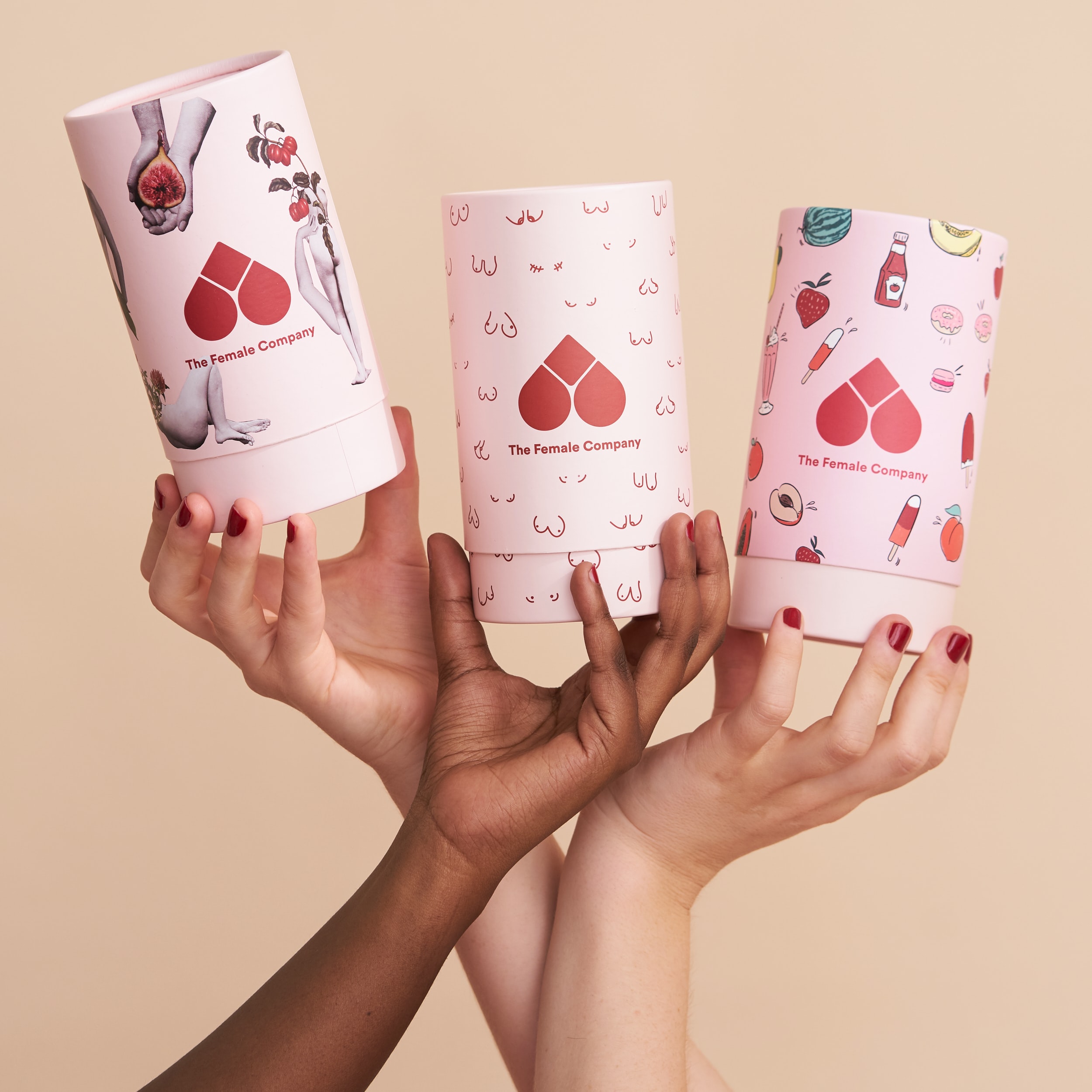“The Tone-Up” amplifies the voices of Muslim women who have something exclusive about Muslim women to talk or rant about. In this instalment, Safa Ahmed rants about the toxic culture of South-Asian Matchmaking.
Disney movies like to teach you that the road to marriage is a fairy tale. I’m stunned to realize I’ve been lied to my whole life. The road to marriage, it turns out, is only full of musical numbers and singing bunny rabbits if you’re a blonde cartoon princess.
I am not a blonde cartoon princess. I’m a 23-year-old Muslim woman who just graduated college last May, which practically screams “single and ready to mingle.” My family is from India, the nation that brought you the psychological horror show “Indian Matchmaking.” If you haven’t watched it, please don’t. If you have, then you’ll know what I’m talking about when I say that the South-Asian matchmaking approach to marriage is far from perfect.
If I’m being honest, I’ve found it downright humiliating so far.
“It offends us that your daughter would ask questions about how her potential in-laws will treat you,” a prospect’s father once scolded my parents.
“Send me a picture of how she really looks,” someone told my mom when she saw a picture of me wearing no makeup other than foundation.
“Does she get her cycle regularly? Because we love kids, we want a lot of kids,” another auntie asked in the midst of a dinner party.
These comments sting. They make me angry, and they make my mom worry.
“Please take down the pictures of you climbing on your roommate’s car to draw on it with a soap marker; I don’t know what potential matches will think,” my mom begged me after she saw the banner of my Facebook page.
“Please take out the ‘I love Chick-fil-A’ line from the bio on your website; what if a prospective family is strict about eating zabiha?”
“Please don’t post your homemade memes of Tugtekin Bey from Dirilis: Ertugrul for International Men’s Day. People are going to think you only want to marry that actor.”
“Please don’t be so bold in your opinions. Not everyone thinks about women’s roles the way you do.”
If I’d met these people under any other circumstances, I know the focus wouldn’t have been on my looks or my fertility. It wouldn’t have been the content of my Instagram stories or whether or not my car-climbing behaviour is suitable for a practising Muslim woman. But in the context of marriage, I no longer become a person of my own. I’m reduced to a collection of surface-level traits, subjected to the kind of scrutiny that, in any other situation, would be nothing short of offensive.
It’s a conflicting set of traits they look for. Educated, but not ambitious. Self-sufficient, but also ready at a moment’s notice to coddle her husband’s pride. Beautiful, but not in a dark-skinned kind of way. (“Does your daughter have green eyes, by any chance?”)
Which leaves me wondering: What’s my degree for? Is it a trophy? Are you people looking for an educated woman just so you can flaunt her achievements to your relatives, and then send her right back to the kitchen to round out the rotis?
These encounters always leave my mom feeling a little shaken. I know she can’t help it. Whenever someone glosses over me after just a glance at my biodata, she wonders why. Maybe, due to her own upbringing, she’s fallen prey to the mindset so many South-Asian families have – that if a daughter gets rejected, it’s because her family went wrong in raising her. In fact, a girl’s family should expect to be looked down upon when interacting with the parents of a potential son-in-law. The idea that merely having a son gives you the upper hand is encoded in our cultural DNA.
I have a lot to say about this very un-Islamic idea behind South-Asian Matchmaking; the idea that parents with sons automatically deserve more respect. More than that, I’m infuriated that my parents have to brace themselves to be disrespected, simply because they are the “girl’s side.”
But in the long run, I don’t really take rejections from these kinds of people personally. Good riddance, in fact.
“A good Muslim guy wouldn’t turn me down for liking Chick-fil-A,” I try to explain to my mom, as I promise to switch to loving the halal Popeye’s near our house. “A good Muslim mother-in-law wouldn’t care how dark I am or how quickly I can clean a kitchen.”
“But shouldn’t we give them no reason to reject you?” my mom asks, still worried. “Shouldn’t we present the best image possible?”
And so we’re back to running in circles, chasing other people’s fantasies when they weren’t ever attainable to begin with. As much as I hate it, I sometimes fight my parents over their own expectations for me, especially when it comes to this idea of putting up a good front for suitors. They have been my greatest supporters my entire life, and I know they only want the best for me. They want to see me marry into a family where I’m cared for, the way they’ve always cared for me.
But if I get in by playing a long con – by pretending to be a doll of a girl who doesn’t act too bold or question cultural norms – then is that really a victory?
In South-Asian matchmaking culture, people seem to expect that everything about a girl’s life will eventually tie into her future marriage. (We’re good at structuring our lives around male privilege like that.) When I was in high school, a friend of my dad told me that I should go into teaching – not because I had any talent in that area, but because “when you have kids, you can easily take a break and then later come back to work.” When I was in college, people would tell me that I needed to learn to cook – not because it’s a life skill and I would die if I didn’t learn it, but because “you’ll need to feed your husband someday!”
And that, I’ll admit, does shake my confidence – not in myself, but in the Muslim community.
Don’t they value me, not because of what I can offer to a man, but because of who I am as a person?
I don’t think I’m asking for much, as I continue down the not-so-fairytale path of South-Asian matchmaking (the cultural phenomenon, not the show). I’m not refusing to be kind or caring. I’m not going to keep score of which in-laws are doing me any favors and which ones get under my skin. I’m not saying that I’ll never consider being a temporary homemaker to raise kids.
But I have a personality right now. It includes me blazing at injustices, posting pictures of myself cosplaying as Alauddin Khilji, and making dumb jokes at my own expense. It took me a long time to find myself. I’m not giving that up for a man.
If anything, he should be the one who’s glad to find me.
Have anything to talk or rant about? ‘The Muslim Women Times’ is looking to expand the voices of Muslim women on issues affecting Muslim women. Send pitches or contributions to contribute@themuslimwomentimes.com along with your bio, social media handles and your favourite headshot. Read More on our Contributions Page.




